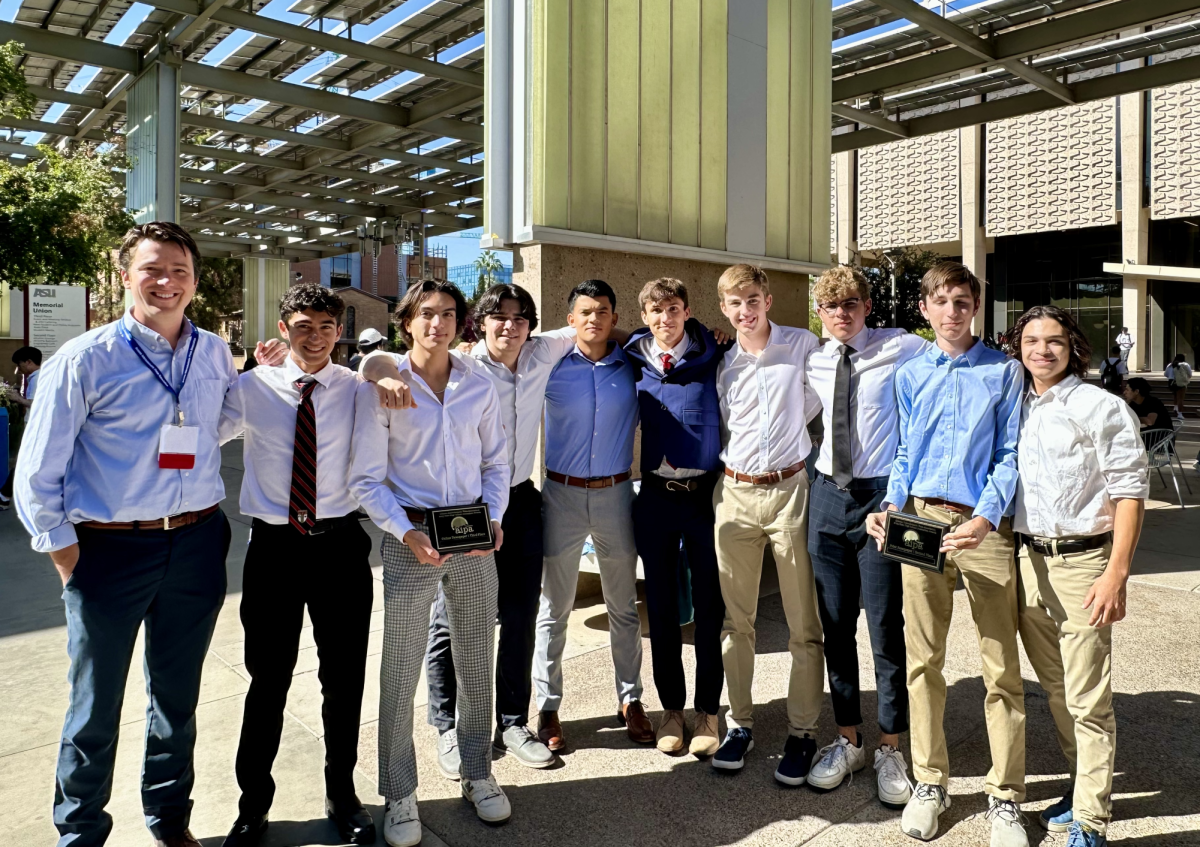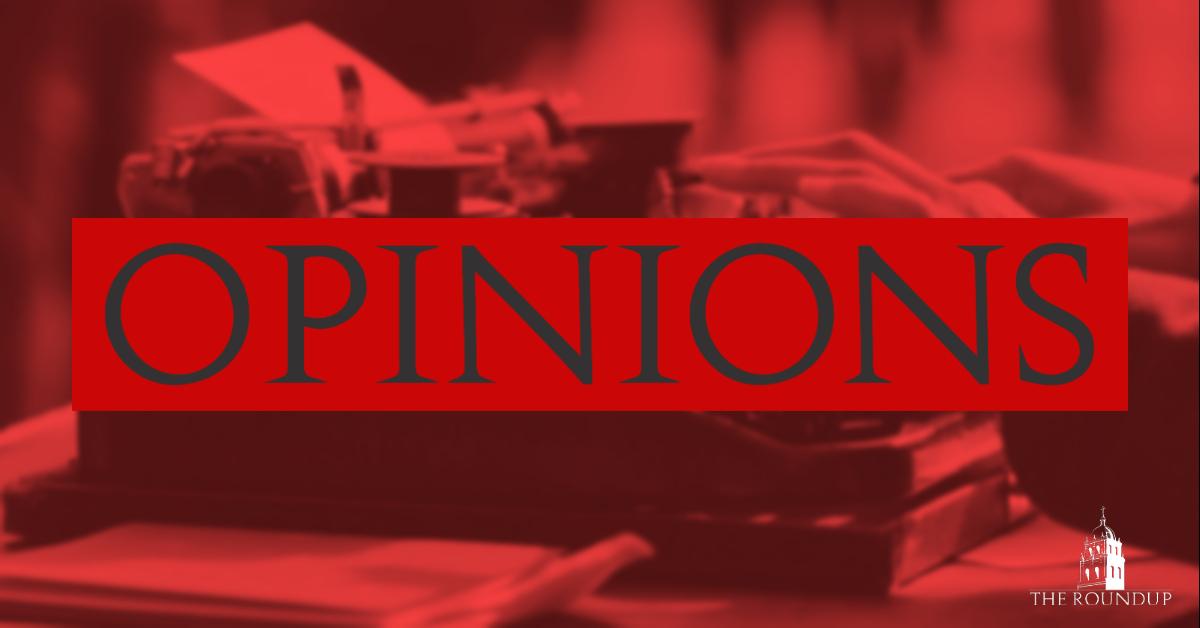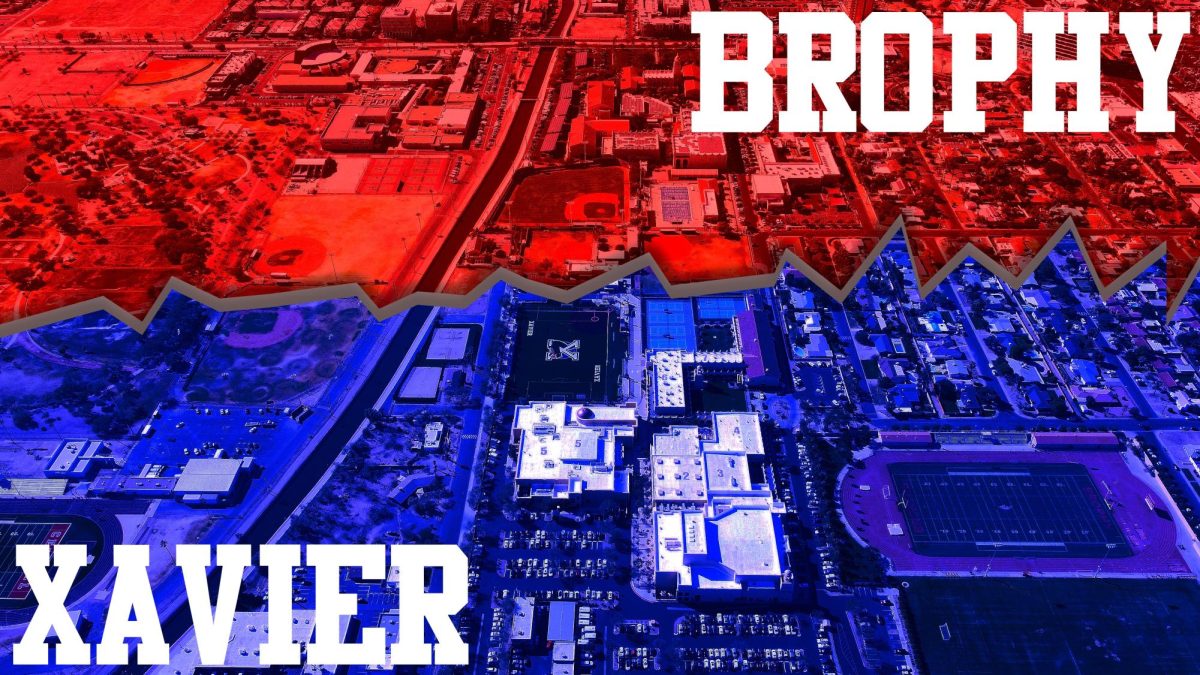By Cameron M. Bray ’16
THE ROUNDUP
Last year’s AP U.S. History changes were perhaps the most controversial educational development since the birth of the Common Core.
The College Board changed the structure of the exam and the framework and modified the goals of the course, wanting a course that was more conceptual based rather than fact-memorization based.
Across the country, conservative policymakers in Georgia, Texas, South Carolina, North Carolina, Colorado and Oklahoma either wanted scrap or modify the course, citing either its “liberal biases,” “revisionist flaws” or “anti-American attitudes.”
The Republican National Committee called the course “radically revisionist” and accused it of emphasizing negative aspects of U.S. history while minimizing the positive.
Republican presidential candidate Ben Carson even thought the course so anti-American that he said this at a political summit, “I mean I think most people when they finish that course, they’d be ready to sign up for ISIS.”
There were many criticisms of the new AP U.S. History course—some unwarranted, others reasonable—and now the College Board has responded to them by redesigning the course again.
But for those of you who are are concerned for the future of this course don’t freak out over these new changes.
No, conservatives have not rewritten history as these headlines from The Washington Post and ThinkProgress would have you believe: “Conservatives convinced College Board to rewrite American history” and “College Board caves to conservative pressure, changes AP U.S. History curriculum.”
Plus, the test is not changing in some radical new way.
In fact, the test format isn’t changing at all, as Social Studies Chair Mr. Matt Hooten can attest.
“The format of the exam has not changed,” Mr. Hooten said. “So it still includes two parts: one part multiple choice and short answer and one part essay with the long essay and the DBQ. That hasn’t changed.”
What exactly are the changes then if the College Board isn’t changing the overall structure of the test?
The changes are minor, mostly technical, and in my opinion are probably for the best.
First, in response to large amounts of teacher feedback that its language wasn’t clear enough, the College Board is rewording its rubrics so they are more understandable to students.
That’s a reasonable change, don’t you think?
Second, the College Board is heavily changing its course framework so that certain key figures and events are mentioned explicitly.
This change is a response to one of the major criticisms of last year’s framework that key figures like Thomas Jefferson and key events were omitted from the text.
Like the previous one, this change is mostly a technical and largely harmless, so there’s really no reason to oppose it.
As Mr. Hooten said, for many AP U.S. History teachers like him, this very likely will not impact the way in which he will teach the course.
“I think for most people who have been teaching the course, the fact that (Thomas Jefferson) was or was not in there hasn’t changed it,” Mr. Hooten said. “It hasn’t changed for me the way I’m going to teach the course this year, in terms of content.”
Those are the two major changes for this year.
The minor changes include a slight point shift in the way essays are graded, an increased focus on America’s participation in World War II and a renewed focus on a national American identity.
That’s where the American exceptionalism piece that we’ve all heard so much about comes in.
With the slightly modified course, American exceptionalism is not going to be treated in the dogmatic sense of, oh, America’s just better than everyone else.
Rather, it is going to focus on how Americans have viewed themselves throughout the centuries and what they have understood their role in the world to be.
Overall, that’s a fair and unbiased way of treating this idea of American exceptionalism that first began with Jonathan Winthrop’s “City Upon a Hill,” a semi-religious document where Winthrop argued that America is exceptional and that is her duty to stand as model society for the rest for the world.
Like with the rest of the changes, I see no reason to start ringing any alarm bells.
I think those publications and persons that chose to do so should get their facts straight before they make these exaggerated claims that conservatives convinced the College Board to “rewrite” American history.
These claims are simply not true.























